When I first became a mom, I thought I had prepared myself for everything—sleepless nights, feeding struggles, diaper changes around the clock. But what I wasn’t prepared for was the deep heaviness that settled in my heart after giving birth. If you’re reading this and feeling something similar, please hear me when I say: you are not alone, and you are not broken.
Postpartum depression is far more common than most people realize. In fact, studies show that nearly 1 in 7 new mothers experience it. And yet, so many of us feel ashamed to talk about it. We put on brave smiles while inside we’re wondering why joy feels out of reach.
Mama, I want you to know: this doesn’t make you a bad mother. It makes you human.
What Postpartum Depression Really Feels Like
It isn’t just “the baby blues.” Those pass in a week or two. Postpartum depression can linger, making you feel sad, disconnected, or anxious long after birth. Some moms describe it as:
-
Waking up with a sense of dread, even after some rest.
-
Crying without knowing exactly why.
-
Feeling guilty for not feeling “happy enough.”
-
Struggling to bond with their baby despite loving them deeply.
If this resonates with you, please remember—none of this is your fault. Your body and mind have gone through enormous changes, and healing takes time.
Steps Toward Healing
Every journey is different, but there are gentle ways to support your mind and body through postpartum depression:
1. Reach Out for Help
Talking to your doctor or a mental health professional can feel scary, but it’s one of the bravest things you can do. There is no shame in seeking therapy or medication if needed—it can be a lifeline back to yourself.
Consider online therapy platforms like BetterHelp or Talkspace. They allow you to connect with a licensed therapist from home—perfect for when leaving the house feels overwhelming.
2. Write It Out
Journaling has been one of the most healing practices for me. Putting thoughts on paper helps release what you’ve been holding in, and it’s a safe space where no one judges you.
A guided wellness or gratitude journal like The Five-Minute Journal can give you a gentle starting point each day.
3. Calm Your Nervous System
Your mind and body are connected. When your nervous system is constantly in “stress mode,” it’s hard to find emotional balance. Small daily practices can help:
-
Deep breathing exercises
-
Gentle yoga or stretching
-
Listening to calming sounds before bed
Try a guided meditation app like Headspace or Calm for short, soothing sessions you can fit in during nap time.
A weighted blanket like Gravity Blanket can also provide comfort and improve sleep quality.
4. Lean on Community
Motherhood can feel isolating, but connection is one of the most powerful healers. Whether it’s joining a postpartum support group, an online community, or even talking openly with a trusted friend—sharing your experience makes the load feel lighter.
Many new mom communities recommend postpartum support memberships like The Motherhood Center or MamaMend which combine expert advice with peer support.
A Gentle Reminder
If you take away one thing from this post, let it be this: postpartum depression does not define you. You are still the strong, loving, beautiful mother your baby needs. Healing may not happen overnight, but step by step, day by day, you will find your light again.
You’ve already done something incredible by showing up here and reading these words. That’s proof that your healing has already begun.
Final Words
To every mama walking through the quiet storm of postpartum depression: You are worthy of joy. You are worthy of peace. You are worthy of help and healing.
This is not the end of your story—it’s just one chapter. And beautiful chapters are still ahead.
Have you tried journaling, meditation, or online therapy as part of your healing? Which one feels most supportive to you right now? Share your thoughts in the comments—I’d love to walk this journey with you.
